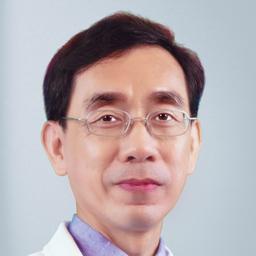“Cancer” is a dreaded diagnosis and one of the most pervasive diseases of our day. However, there have been cases where cancer cells have mysteriously disappeared, even in patients deemed hopeless by medical professionals.
Mainstream medicine describes these cases as “spontaneous remission.”






